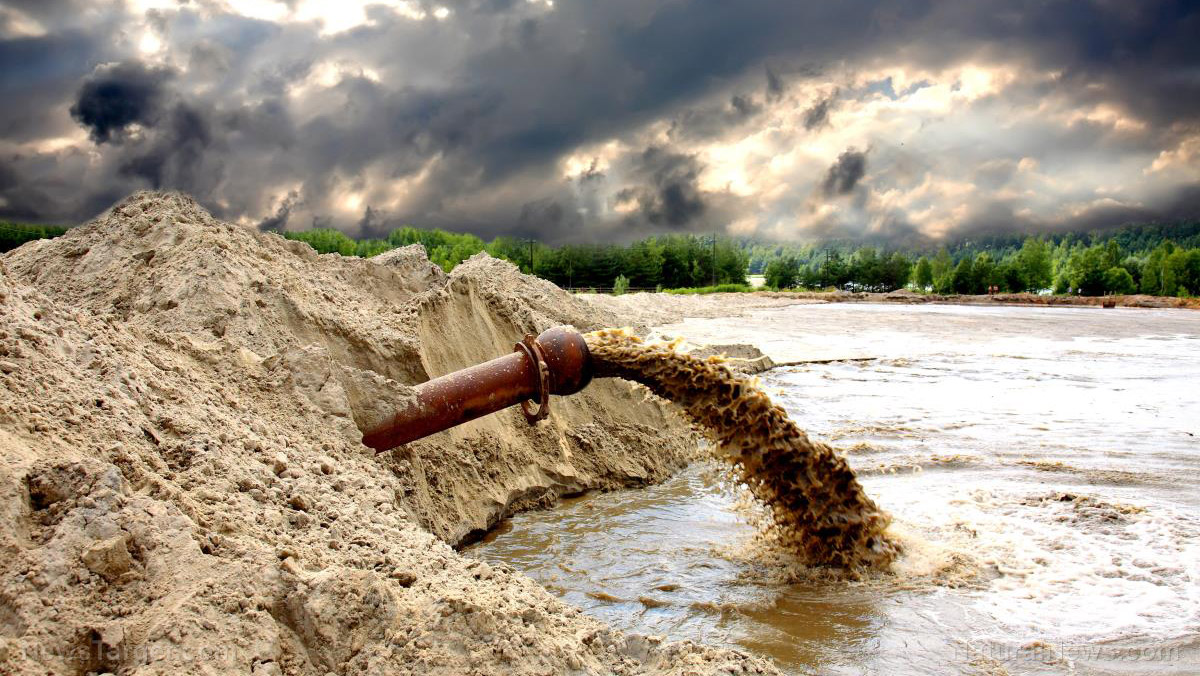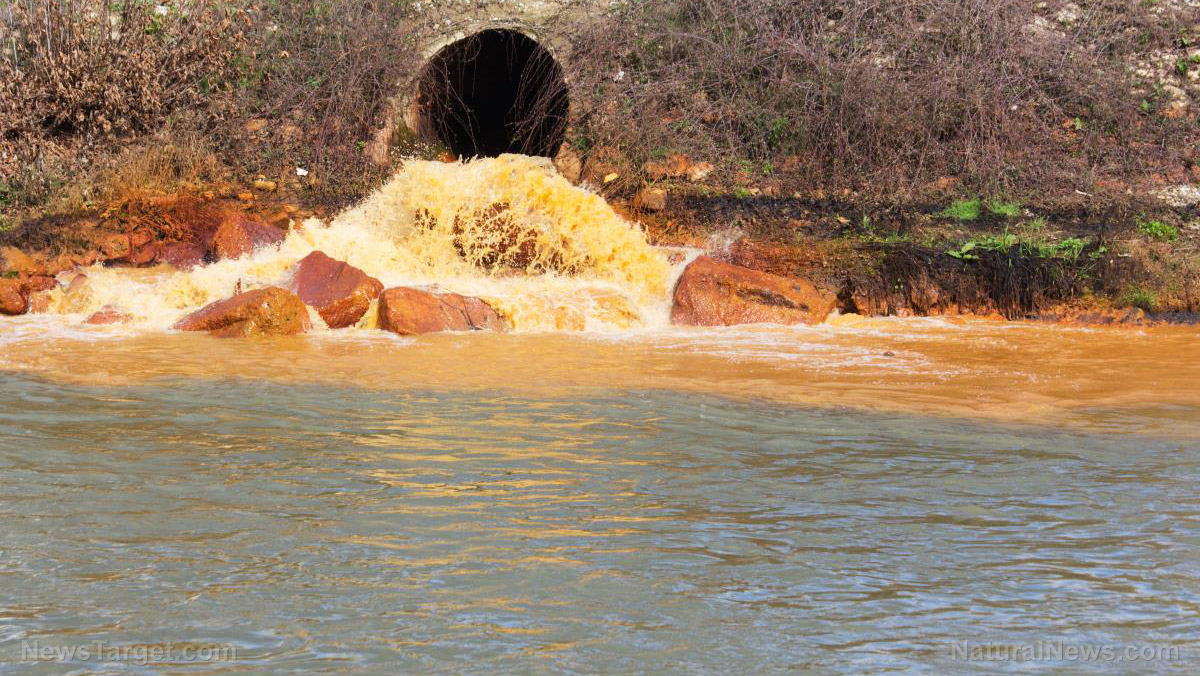Thousands of dead fish wash up on Lake Michigan
04/19/2017 / By Vicki Batts

In early April, the sight of thousands of dead perch washing up on the shores of Lake Michigan sent local fisherman into shock. CBS Chicago reports that the anglers found the fish at an “old dock” that’s become a popular spot for locals to go fishing. Photos of the devastating scene made their way to the Illinois Department of Natural Resources for investigation.
That “old dock” is a 2,000 foot ship slip at what was once U.S. Steel South Works.
In the interim, however, the washed-up fish became a delightful feast for gulls and fish-eating ducks nearby, and the mess was cleaned up relatively quickly. But what killed these fish is a far greater concern than how they were removed.
What it was exactly that led to the mass die-off of fish is still something of a mystery. Authorities claim that a theory called “upwelling” is most likely the culprit behind this disturbing event. As Fox News writer Kris Millgate explains, “Upwelling occurs when deep, cold water rises to the surface, displacing the warmer, nutrient-depleted water above. As the cold water ascends, fish are often drawn upward as well, which may explain why the perch surfaced.”
Upwellings are not generally considered to be “bad things,” as the rush of cold water comes with a surge of nutrients that fertilize the surface water. According to the Michigan Department of Natural Resources, however, spring upwellings can be problematic for fish. The additional stress on the fish can easily kill them if they’ve had a rough winter.
This is far from the first time that a massive fish die-off has taken place in Lake Michigan. You could almost say that the lake is known for it, actually. The 1970s were a particularly bad time for fish in Lake Michigan: Alewives were piling up in droves on the lake’s shores back then. In 1967, the plight of the alewives was so severe that bulldozers had to be called in to remove all the bodies of the little fish. And in 2016, they didn’t fare much better. Hundreds upon hundreds of alewives piled up on beaches around Lake Michigan last summer — and it seems like the wave of fish death has continued on this spring with the perch that inhabit the lake.
But are changes in water temperature really the only cause of death for fish inhabiting the Great Lakes? Lake Michigan has a history rife with pollution — including sewage, prescription drugs and heavy metals like mercury.
In 2015, research revealed that pharmaceutical drugs pollute the lake’s environment, even miles away from the sewage discharge pipes in Lake Michigan. The most prevalent drug found in the lake’s water? Metformin, a popular drug used in the treatment of type 2 diabetes. Not only that, but the team of scientists found that exposure to metformin caused changes to the hormonal systems of the fish living in the lake.
Metformin is not completely broken down by the human body, or wastewater treatment systems. And while only a very, very small amount makes it into the lake, it seems even that infinitesimal amount is enough to be harmful to otherwise rather hardy fish. The scientists found that male fish exposed to metformin showed disruptions to their endocrine systems, and that they began producing a “chemical messenger normally associated with females’ egg production.”
And that’s just the beginning. As Environment Illinois explains, Lake Michigan has been something of a dumping ground for years. Since 2000, over 34 billion gallons of raw sewage have been dumped into the body of water. And in 2012, over 50 beaches along the lake tested positive for mercury, polychlorinated biphenyls (PCBs), and E. coli. In the same year, Cook County had 334 beach closings due to unsafe levels of pollution and bacteria. (Read more stories about water pollution at CleanWater.news)
Is it really just the temperatures killing fish in Lake Michigan, after all is said and done?
Sources:
Tagged Under: fish die off, Great Lakes, Lake Michigan




















